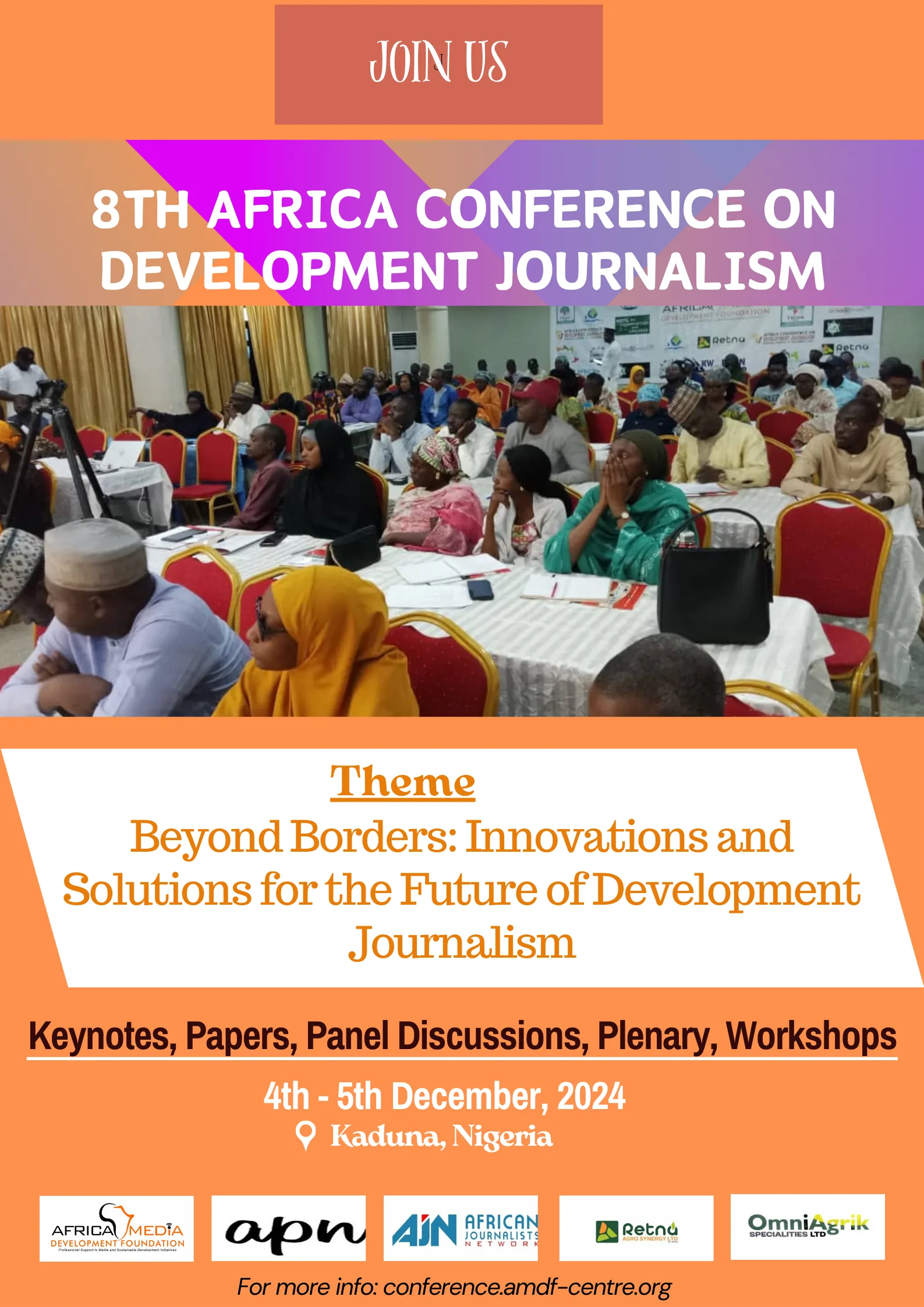By Justina Auta
Mercy Corps and partners, on Friday in Abuja, trained women mediators on strategies to strengthen gender inclusion in peace and security in the North West and North Central regions.
The training is under the USAID-funded Community Initiatives to Promote Peace (CIPP) programme
Sani Suleiman, the Interim Chief of Party, CIPP, highlighted the importance of strengthening local capacities, structures and networks wwhichhe said must be driven by communities and states.
Sulaiman urged participants to reflect on progress made and create linkage with the federal and state ministry of women affairs, security agencies, and relevant stakeholders as CIPP approaches close out in April 2024.
Amina Bello, Deputy Chief of Party-CIPP, Mercy Corps, said the training would facilitate linkages between grassroots women mediators, national network of women mediators in Nigeria and formal alternative dispute resolution bodies.
Bello added that the platform is designed to promote experience sharing and enable the adoption of best practices in addressing gender dynamics that perpetuate conflict and limit women’s meaningful participation in mediation.
Dr Bridget Osakwe, the National Coordinator, West African Network for Peacebuilding (WANEP), decried low participation of women in mediation processes, which she attributed to biases, culture, patriarchal logic and systems.
Osakwe added that women inclusion in mediation processes would improve peace making processes, dispute management and prevention of violent conflict.
She said “we should harness the perspective from both gender. It is a minus for the society when the perspectives of women are neglected.
“In every situation, in a traditional or conflict resolution setting, women must be included in the processes. If included from the beginning, their capacity will be optimised.
“We have women who are trained mediators that are available to contribute to peace making in their communities, why don’t we make use of their services?.
“Women have traditional skills in mediation, we should harness and strengthen those skills to be able to make meaningful contributions.
“When we appreciate the quality that the other person brings, it helps to enrich processes especially mediation, whether in a traditional, political, social or economic setting women must be represented.’’
Mr Lloyd Duru, the Registrar, Mediation Training Institute (MTI), said “women suffer most in conflict areas, as the popular saying goes he who wears the shoes know where it hurts. “In our clime, patriarchy holds sway and this affects the rate of women in peacebuilding, as men are given the pride of place, yet women are better placed for peacebuilding.’’
Similarly, Ms Grace Awodu, the Head of Gender, Peace and Security, Institute of Peace and Conflict Resolution (IPCR), said “we have to be strategic in getting it right. We have to mainstream gender deliberately but cautiously as it cannot be forced on the society.
“We need to partner the gatekeepers who direct the behaviour of the people; once we can get their bye-in, it will be easier where we have a lot of conflict because at that point where alternatives are stretched, it becomes a welcome relief for even the men.
“In the area of mediation, you have to understand the personality traits of different actors, be able to identify shadow actors, spoilers, observe and have the right timing. You don’t just bring people together, otherwise, the worst might happen.’’
In a communique, Hajiya Lantana Abdullahi, the National Coordinator, Network of Women Mediators, stated that 65 women mediators participated in the exercise.
Abdullahi called for increased advocacy on implementation of the WPS agenda at all levels, sensitisation on available policy frameworks, engaging traditional and religious institutions to harness women’s capacities, especially in mediation. (NAN)
